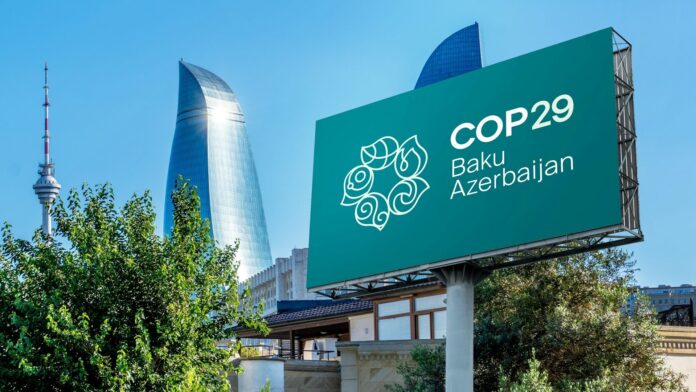As the world kicks off COP29, the ominous reality of a year marred by escalating intertwining crises of climate emergency, conflict and unprecedented levels of displacement cannot be ignored. The United Nations (UN) estimates a staggering surge in internally displaced persons, nearly doubling from a decade ago and projected to climb further as our planet warms. This disconcerting increase is compounded by the international community’s increasing apathy and safeguards towards marginalized communities in the Global South. This growing apathy is influenced by biased media portrayals, which frequently downplay or skew narratives about regions like the Middle East and North Africa, home to many Muslim communities disproportionately hit by crises.
Earlier this year, a group of UN independent experts warned that acts of harassment, intimidation, violence and incitement based on religion or belief have risen to “alarming levels” across the world, including against Muslims. The rising tide of anti-Muslim, anti-Arab and anti-migrant sentiment among the ‘safe havens’ of the Global North, amplified by dehumanizing rhetoric in mainstream media, has created a chilling backdrop for the escalating violence and oppression faced by communities worldwide.
Recent statistics reveal that 47% of the world’s 117 million forcibly displaced people come from Muslim-majority nations. Conflicts in Sudan, Yemen and Palestine consistently rank among the worst humanitarian crises in the world, with other countries like Afghanistan and Syria, both plagued by conflict and climate risks, projected to contribute significantly to the estimated 1.2 billion climate refugees by 2050. This number will undoubtedly further increase as the Middle East is further destabilized by imminent wars, which, coupled with the growing anti-Muslim, anti-Arab and anti-immigrant sentiment, is especially disconcerting.
Read More: Unveiling the Exploitation in the Global Fast Fashion Industry
How Negative Media Biases Desensitize the Masses
What is the origin of apathy towards Muslims, Arabs, and migrants overall, in the Global North? Is there a correlation between reporting by Western media and attitudes of desensitization toward these groups of marginalized people? Western media frequently portrays Middle Eastern and Muslim victims, particularly in contexts like the Israeli-Palestinian conflict, through a reductionist, dehumanizing, and binary lens— ”good” versus “evil”, and “civilized” versus “barbaric” forces. This narrative justifies inaction or complicity in human rights abuses. An example is Israeli Defence Minister Yoav Gallant referring to Palestinians as “human animals” in relation to the siege on Gaza—a statement widely covered yet insufficiently questioned by Western outlets.
This deep-rooted bias in Western media’s coverage of Gaza’s war reached “genocidal” levels according to Al Jazeera. This claim is corroborated by multiple journalists working at CNN and BBC, who allege systemic double standards. However, BBC and CNN as entities continue refuting these claims.
These flawed narratives and harmful stereotypes skew public perception and erode empathy, undermining the moral imperative to address the suffering and injustice of the oppressed.
This trend of selective empathy is not unique to the Middle East; the crisis in Sudan is similarly underreported as a Muslim-majority country facing severe displacement within an ongoing war.
An extreme outcome of these misinformed narratives in the West could be seen in the violent UK mob attacks and riots that broke out after a storm of anti-Muslim disinformation on social media fueled Islamophobic and far-right violence in the aftermath of a fatal stabbing attack.
This bias can also be seen by the continuing marginalization of Muslim minorities within countries like India and Myanmar.
These trends suggest that the escalating impacts of climate change will deepen existing vulnerabilities, disproportionately endangering Muslim lives in particular. In a world already marked by apathy—and, at worst, justification of mass suffering—this disproportionate risk only grows more urgent.
Flaws of International Justice Systems
COP29’s decisive venue in Azerbaijan is problematic for several reasons. The nation has been criticized for its heavy dependence on fossil fuels, with more than 90% of its exports being oil and gas. The nation fails to meet climate obligations under the Paris Agreement, as well as its past human rights abuse record of alleged state-committed war crimes during the Armenian Genocide. More so, in 2021, The Azerbaijan capital of Baku established its “Green Energy Zone” including the Nagorno-Karabakh region, where ethnic cleansing reportedly took place in 2023. Hosting COP29 in Baku affirms the growing disconnect of climate action from holistic intersectional calls for justice, paving the path for authoritarian governments to greenwash their violent histories.
Read More: Unmasking Water Apartheid: India’s Dam Projects and Environmental Devastation in Occupied Kashmir
This sets the stage for COP29, where states and countries will come together once again to discuss how to move forward in the fight against climate change. In light of this, we must question whether such events genuinely catalyze meaningful action or inadvertently perpetuate the harmful systems contributing to the climate crisis. Recent analyses linking the climate crisis with a rise in authoritarianism only heighten these concerns, casting a shadow of doubt over our collective future.
Last month in September 2024, a similar incoherence occurred at the UN General Assembly when Israeli Prime Minister Benjamin Netanyahu was invited to address the nations despite his administration’s role in military actions displacing thousands in Palestine, Lebanon, Yemen and Syria. This appearance was offered to him just months after the International Court of Justice (ICJ) ruled that Israel’s actions in Palestine may plausibly amount to genocide.
The perpetrator behind these offensives’ ability to address the largest UN assembly—despite the clear ICJ ruling—highlights inherent flaws within our international systems. This, in turn, allows powerful actors to evade accountability and demonstrates the stark disconnect between international rhetoric on human rights and the grim reality on the ground.
This troubling reality raises critical questions: Can institutions that permit and glorify perpetrators of atrocities on international platforms genuinely claim to be committed to any kind of justice—let alone climate justice? With the alarming normalization of anti-Muslim and anti-Arab sentiment in the media, coupled with intensified anti-migrant rhetoric, how will the Global North respond to the rising displacement risks from Muslim-majority and Middle Eastern regions affected by climate disasters? With international institutions weakening, who will protect the vulnerable people forcibly displaced by climate change to safer regions in the Global North—a crisis they did not create?
Addressing these intertwining issues exacerbated by the climate crises in a world standing at the cusp of worsening wars requires a multifaceted approach that must include addressing increasing biases against coloured people through ethical media practices, as well as greater accountability for perpetrators of violence. Ultimately, our fight for climate justice will only be effective if it is rooted in a broader commitment to justice in all its forms for all creation, whether Muslim, Arab, migrant or not.
The views expressed in this article are the author’s own and do not necessarily reflect Muslim Climate Watch’s editorial stance.
This article was updated with links to provide evidence for marginalization in India and Myanmar.



